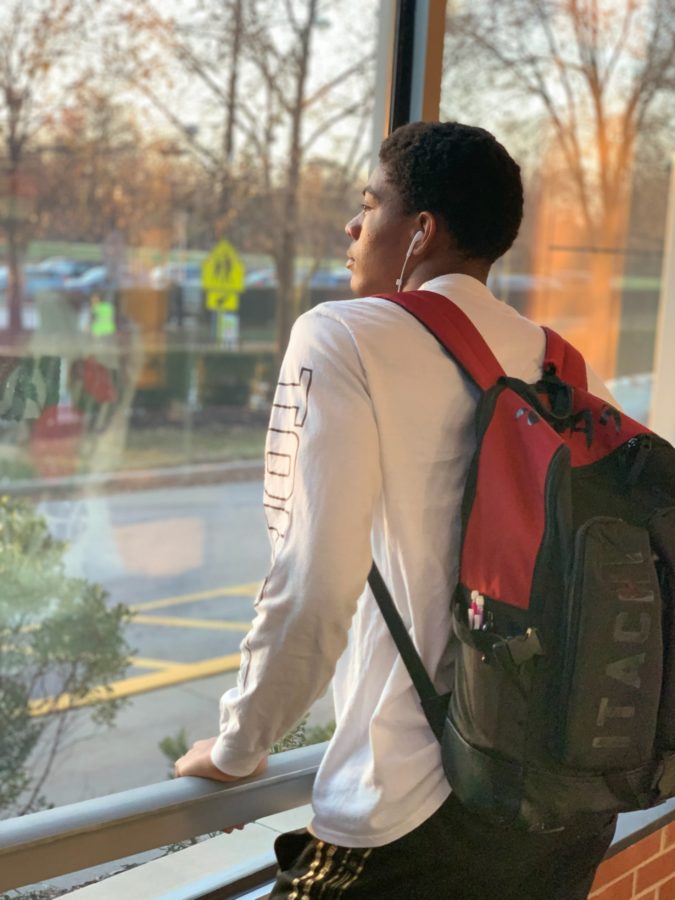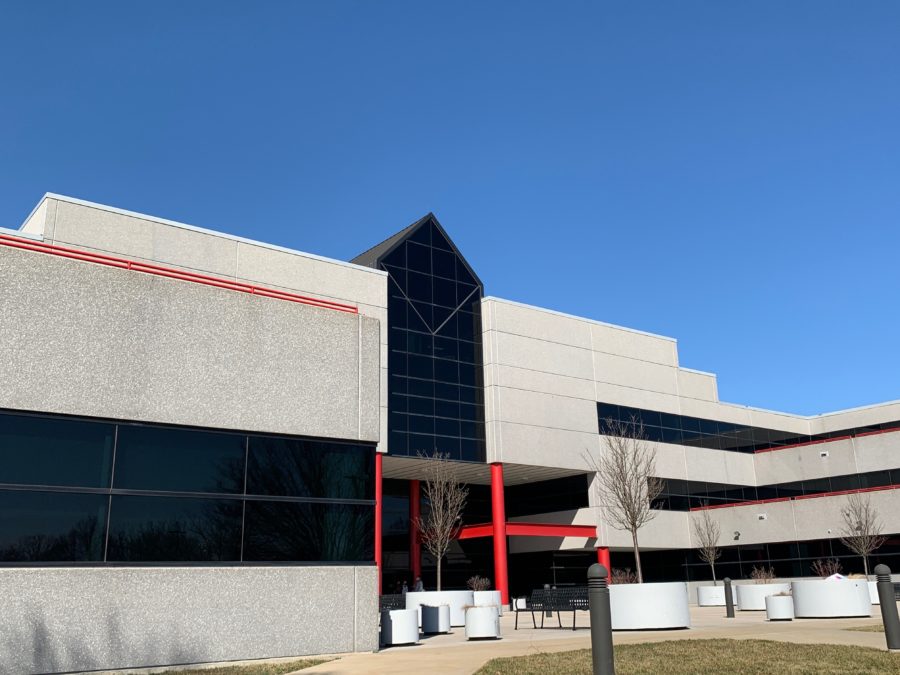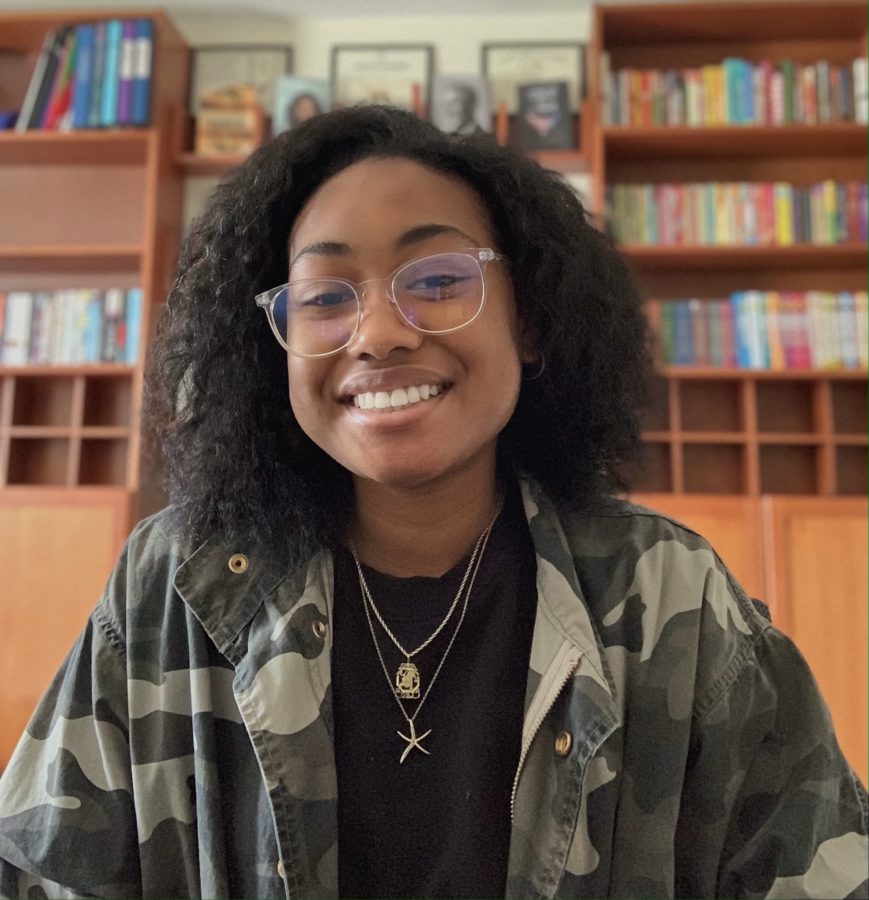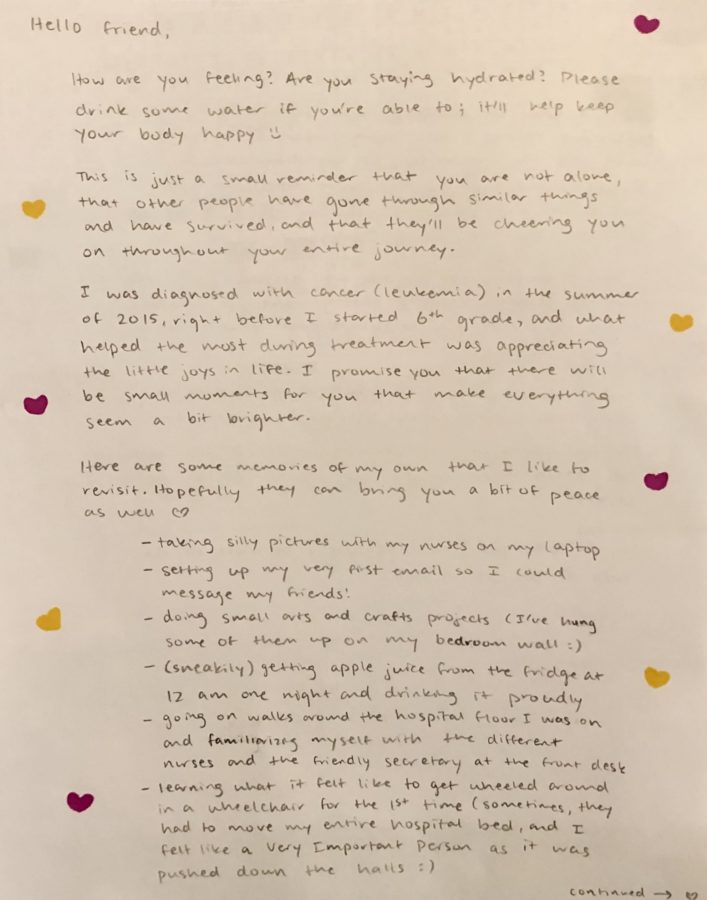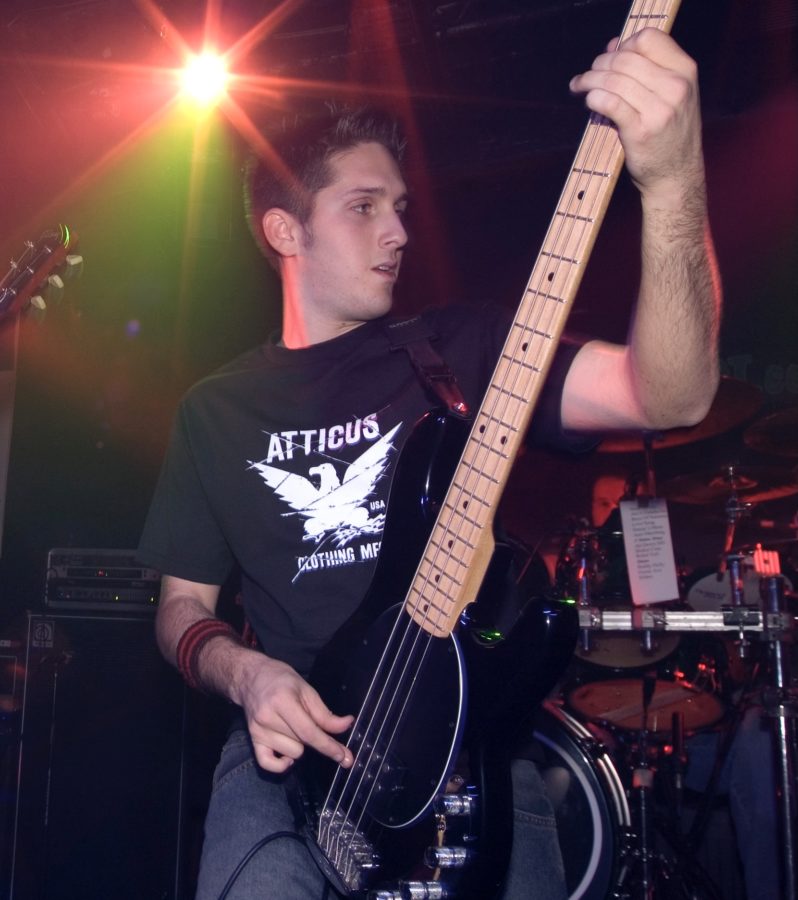By Umar Samdani, Co-T/E Life Editor
Jerry Miller, co-president of the AASU, has been a part of many club “movie nights” in the past. However, with the new distance learning environment this year, the term takes on a whole new meaning. A time associated with salty popcorn, reclining seats, and immersive sound is now characterized by thoughtful discussion, individual reflection, and memorable bonding.
Movie nights were not a recent development for the African American Student Union (AASU). In fact, club advisors Leisha Lewis and Keri Phillips have been hosting several of them for the past couple of years. The advisors focused on films that have important themes and can spur engaging discussion. In March 2018, the club traveled to Wayne Theater to see “Black Panther” after school. In Feb. 2019, members watched “The Hate You Give”.
Even with the virtual model of the 2020-2021 school year, the club was determined to keep the movie night tradition. Over the summer, Lewis worked with school librarians Brooke Hauer and Lydia Lieb to create a platform for students and their families to watch movies. It was decided that Swank, a movie streaming service, would be used for students to watch a designated movie on their own time. Members would then convene over TEAMs to ask questions and have discussions pertaining to the film. So far, the club has held two movie discussions: “Harriet” in November and “The Wiz” in December.
“Harriet”, a 2019 film about Harriet Tubman and the underground railroad, was the choice for November movie night because of its focus on racial justice and women empowerment. Senior Jerry Miller, co-president of the AASU, helped facilitate the Teams discussion held on Nov. 18.
“The conversations were great. Everything that we were talking about was amazing,” Miller said. “There was one part in the movie where there was another black man who was hunting and recapturing other black men and women and ready to renter them into slavery. That was a very interesting point of discussion for us because we were like, well, is that something we see today? And how can we fix this? For me, that was the best part of the conversation.”
The November discussion lasted about an hour. Lewis started the discussion with a set of questions about the movie, including its historical context, themes, and important scenes.
“My goal is for us to watch the film, recognize the themes in the film, and recognize all the cinematography and sound choices. But I also want us to bring it back to self and ask, ‘how do these things relate to me?’” Lewis said.
After answering these questions, the floor opens up for any member to propose a thought or lead the conversation. Senior Isaiah Willis, also co-president of the club, enjoys the free-flowing structure of the discussion.
“After some structure, it usually just becomes whatever comes to the top of our mind,” Willis said. “Sometimes we start a conversation and it doesn’t end for a while but it’s definitely a good conversation because we’re staying on topic and we’re talking about something that relates to our current situation.”
The AASU leadership feels that hosting these movie nights are important not only to have thoughtful discussions, but also for students’ and parents’ social and mental health. Willis enjoys seeing members come together and interact in a virtual environment.
“Conestoga may still be in quarantine, but events like these show that we are still together,” Willis said. “I feel like this is especially important for the younger freshman and sophomores so they get the opportunity to experience these types of school events. It’s really amazing to see that we’re trying to make normal out of what is not normal.”
Lewis believes that these movie nights allow people to connect with each other in an increasingly disconnected environment.
“As human beings, even if we’re shy or introverted, it’s our nature to be in community with one another. To foster and nurture that is important for our mental health,” Lewis said. “It’s also important that we come together so that we gain multiple perspectives. Especially in an isolated world, we can be stuck within our own thinking, but when you bring people together you get different perspectives. I think that’s important when talking about identity and social justice topics.”
In the future, Lewis wants to invite people who are part of the film to be a part of the TEAMs discussion. She also wants more people of all backgrounds and cultures to come to the movie night.
“We want to be sharing of the African American culture. It’s not exclusive to people, Lewis said. “It’s very informal, and we laugh a lot. You can really be yourself and let your personality come out.”




















































































